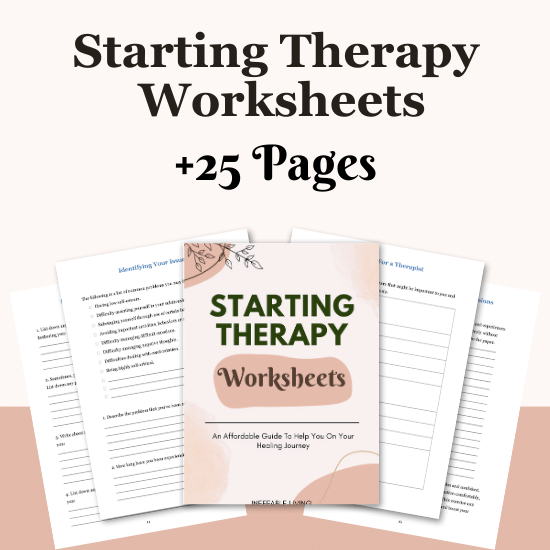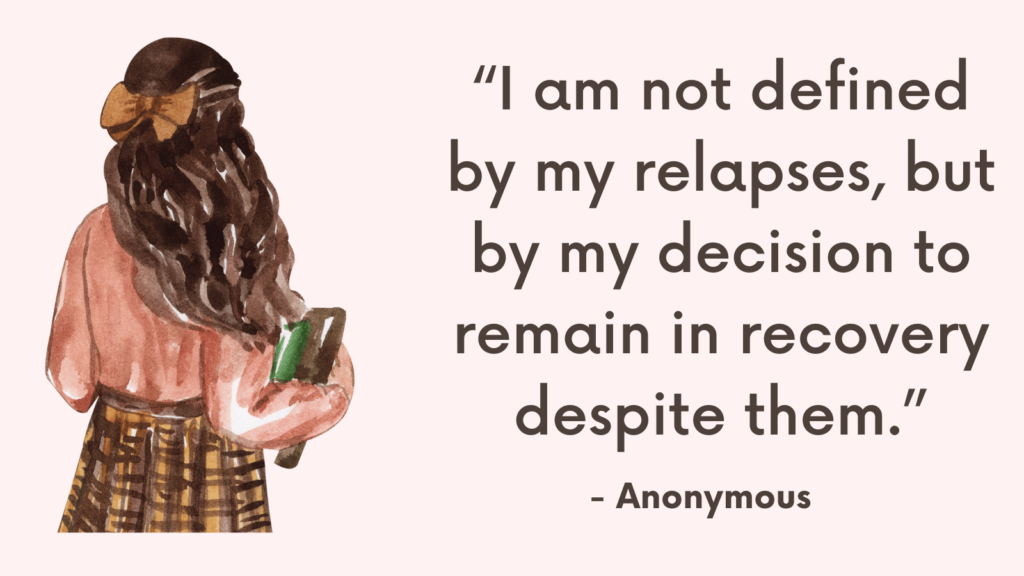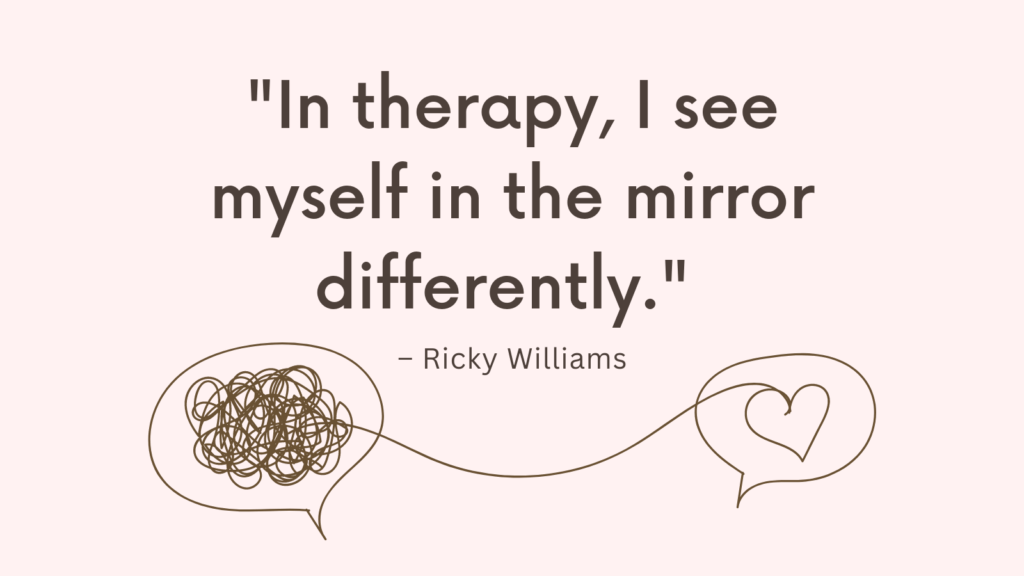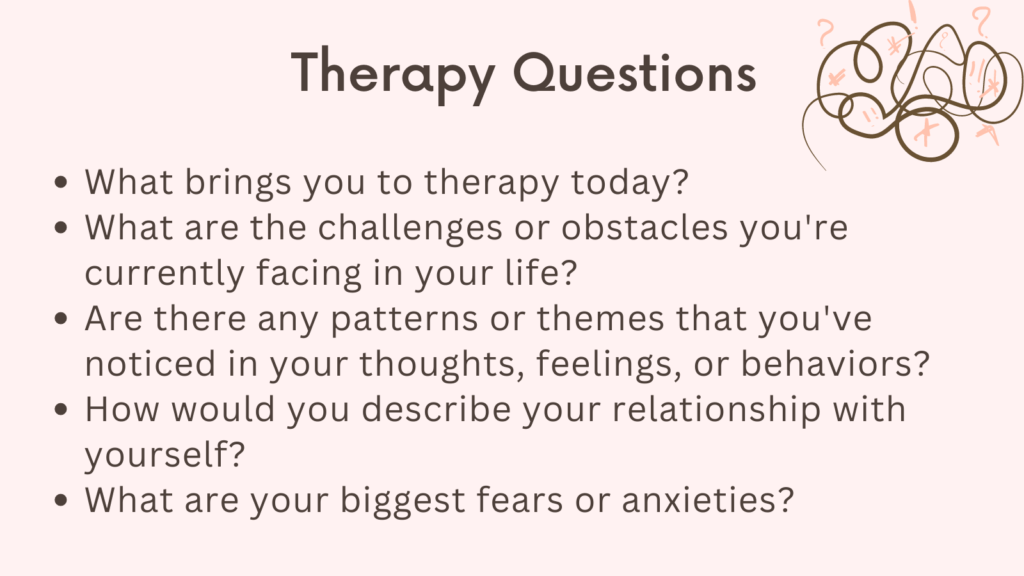Therapy is an essential tool for personal growth and healing, but it can also be incredibly challenging.
Sometimes, after a particularly intense session, you might feel drained, overwhelmed, or emotionally exhausted—much like a hangover.
This phenomenon, often referred to as a “therapy hangover,” is real and can be a natural part of the therapeutic process.
In this blog post, we’ll explore what therapy hangovers are, why they happen, and how to effectively manage them.
What is a Therapy Hangover?
A therapy hangover occurs when you feel emotionally and physically drained after a therapy session.
This can happen for various reasons, such as delving into deep emotional issues, sharing vulnerable parts of yourself, or processing intense emotions.
Therapy hangovers can make you feel exhausted, vulnerable, and overly sensitive to your surroundings.
Related: How to Overcome Fear of Therapy?
The Emotional Toll of Vulnerability
Sharing personal and often painful experiences in therapy can leave you feeling exposed.
This vulnerability can create a hangover-like effect as you process the emotional intensity of what was discussed.
It’s similar to the “vulnerability hangover” you might feel after sharing something deeply personal with a large audience.
Emotional Overload
Therapy sessions can sometimes be emotionally taxing, especially when dealing with complex issues like trauma, anxiety, or depression.
The emotional upheaval from such sessions can lead to a state of exhaustion, much like a physical hangover after consuming too much alcohol.
Related: What To Talk To Therapist About: Top 35 Topics
How to Recognize a Therapy Hangover?
Understanding the signs of a therapy hangover can help you manage it more effectively. Common symptoms include:
– Emotional exhaustion
– Increased sensitivity to your environment
– Feeling overwhelmed
– Difficulty concentrating
– Physical fatigue
Recognizing these symptoms is the first step in addressing and mitigating their effects.
Related: Top 100 Therapy Questions
How to Manage Therapy Hangovers?
1. Schedule Wisely
Try to schedule your therapy sessions at times when you can rest afterward.
Evening sessions or sessions on days when you don’t have significant commitments can help you recover more easily.
This way, you can go home and unwind without needing to return to work or other stressful environments.
2. Communicate with Your Therapist
If therapy hangovers are becoming a regular issue, discuss this with your therapist.
It might indicate that sessions are too intense or that you need more time to process between sessions.
Your therapist can adjust the pace of therapy to better suit your needs, ensuring you don’t leave sessions feeling overwhelmed.
Related: How to Reach Out to a Therapist for the First Time?
3. Practice Self-Care
Engage in self-care activities after your therapy sessions. This can include:
– Taking a warm bath
– Practicing mindfulness or meditation
– Reading a book
– Engaging in a hobby you enjoy
These activities can help you relax and recharge.
4. Grounding Techniques
Grounding techniques can be very effective in managing post-therapy distress. These can include:
– Deep breathing exercises
– Progressive muscle relaxation
– Visualization techniques
These practices can help you stay present and reduce feelings of overwhelm.
Related: 8 Things to Avoid Telling Your Therapist
5. Allow Yourself to Feel
It’s important to give yourself permission to feel the emotions that arise after therapy.
Suppressing these feelings can prolong the hangover effect.
Instead, acknowledge your emotions and understand that it’s okay to feel this way as part of your healing process.
6. Develop a Post-Therapy Routine
Creating a consistent post-therapy routine can provide structure and comfort. This could involve:
– Journaling about your session
– Taking a walk in nature
– Listening to calming music
A routine can help you transition smoothly from the emotional intensity of therapy to a more relaxed state.
Related: Top 10 Reasons To Go To Couples Therapy
When to Seek Additional Support
While therapy hangovers are common, they shouldn’t be debilitating.
If you find that these feelings last for more than a day or two or if they significantly interfere with your daily life, it may be time to seek additional support. This could involve:
– Discussing alternative therapy methods with your therapist
– Incorporating medication as part of your treatment plan (consult a psychiatrist)
– Seeking additional therapeutic support, such as group therapy or support groups

Conclusion
Therapy hangovers are a natural part of the healing process, signaling that you’re working through important emotional issues.
Remember, it’s okay to feel vulnerable and emotionally exhausted after therapy; these feelings are part of the growth process.



